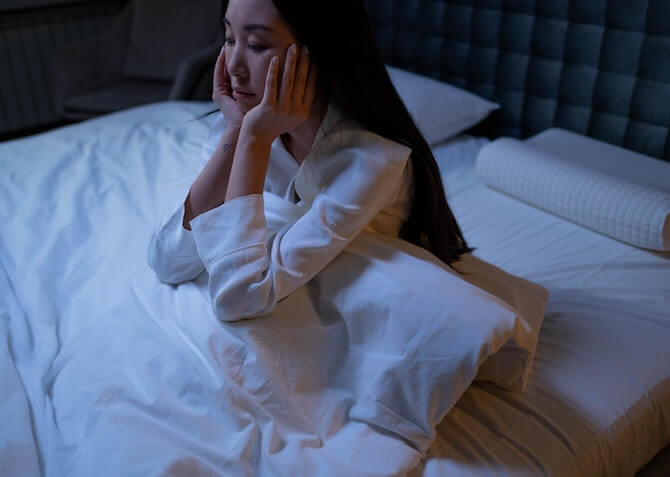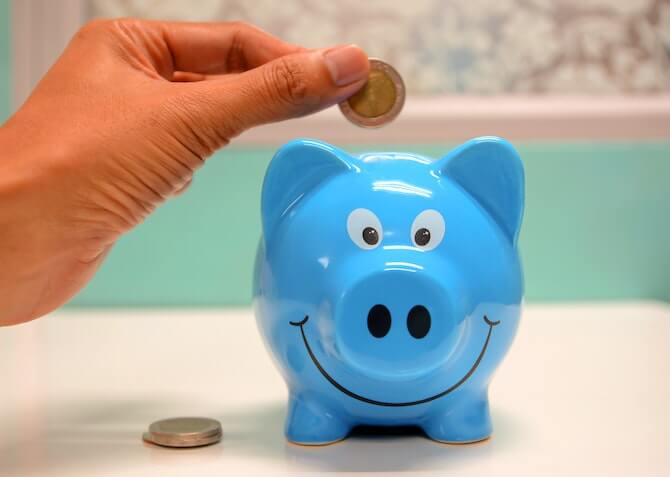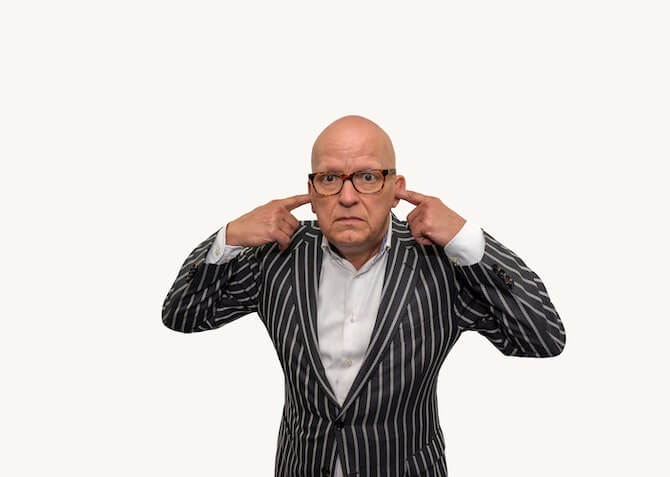
ASMR and Sleep
ASMR, or Autonomous Sensory Meridian Response, has been around for a while but has gained a lot of popularity in recent years as a relaxation technique, with many people using it to help them fall asleep.
It can be triggered by various stimuli such as whispers, tapping sounds, and gentle hand movements.
What is ASMR?
ASMR is characterized by tingling sensations that start in the scalp and move down to the neck and upper spine.
The stress and anxiety of modern life may have contributed to the growing interest in ASMR as a self-care technique.
It is difficult to pinpoint exactly when it became a "thing," but it started gaining popularity on YouTube around 2009-2010.
It is believed that the rise of social media and the internet, in general, has played a significant role.
People's awareness of ASMR has increased as they can connect and share experiences more easily than ever before, which has helped to spread awareness further.
So, let's talk about ASMR as a sleep aid. And like any sleep aid, it has its pros and cons.
Pros of ASMR:
Helps you relax:
It's all about inducing a state of relaxation through various sensory triggers; soft sounds, gentle touches, and whispered voices.
This can be particularly helpful for people who struggle with anxiety or stress, helping calm their minds and promote relaxation.
Reduces insomnia:

Insomnia is a common problem, affecting millions of people worldwide.
Studies have shown that ASMR is effective in combating insomnia, helping you fall asleep faster and stay asleep longer.
It achieves this by reducing cortisol, the hormone associated with stress, and increasing melatonin, the hormone that helps regulate sleep.
No side effects:
ASMR is an effective way to aid sleep without any of the potential risks or adverse effects associated with prescription sleep medications.
It is a safe and effective way to promote relaxation and improve sleep quality.
Variety of triggers:
There are many different types of triggers, including whispering, tapping, scratching, and crinkling sounds.
This means that you can find a trigger that works best for you, whether it's the sound of rain or the rustling of leaves.
It's Free!

ASMR videos and audios are available for free on the internet, so you don't have to spend money on sleep aids.. which is always a good selling point!
Cons of ASMR:
It's not for everyone:

It may not work for everyone, as it depends on individual preferences and sensitivity to different triggers.
Some people may find certain triggers unpleasant or uncomfortable, while others may not feel any effect at all.
Lack of scientific evidence:
Despite its growing popularity, ASMR is still a relatively new and poorly understood phenomenon, with more research needed to fully understand its mechanisms and potential benefits.
This means that it may not be a reliable option for everyone, and more research is needed to confirm its benefits.
Addiction:
Unfortunately, as with many things, some people may become addicted to ASMR, relying on it to fall asleep every night.
This can lead to dependence and make it difficult for them to sleep without it.
Distraction:
While ASMR can be helpful for some people, it can also be a distraction for others.
For example, if you're sensitive to sounds or easily distracted, ASMR videos may keep you awake instead of helping you fall asleep.
Uncomfortable or triggering content:
Some ASMR videos may contain content that is uncomfortable or triggering for some viewers, such as intimate whispering or personal attention.
Therefore, it's important to choose content carefully and be aware of your boundaries and comfort level.
The Conclusion:
Overall, ASMR can be a useful sleep aid for those who enjoy the sensation and experience of it.
If you decide to dabble, start with some gentle triggers and monitor how your body responds.
It's a safe and natural way to promote relaxation and improve sleep quality. However, like any sleep aid, it may not work for everyone, and it's important to be mindful of its potential drawbacks.
Remember, there's no one-size-fits-all solution when it comes to sleep aids, so experiment with different options until you find what works best for you.
If ASMR isn't working for you but you want some sounds to help your sleep health, check out our Ultimate Sleep Playlist for music to help you sleep. If falling asleep isn't a problem for you, try our Spring Playlist to help add some spring in your step this Spring!








Leave a Reply